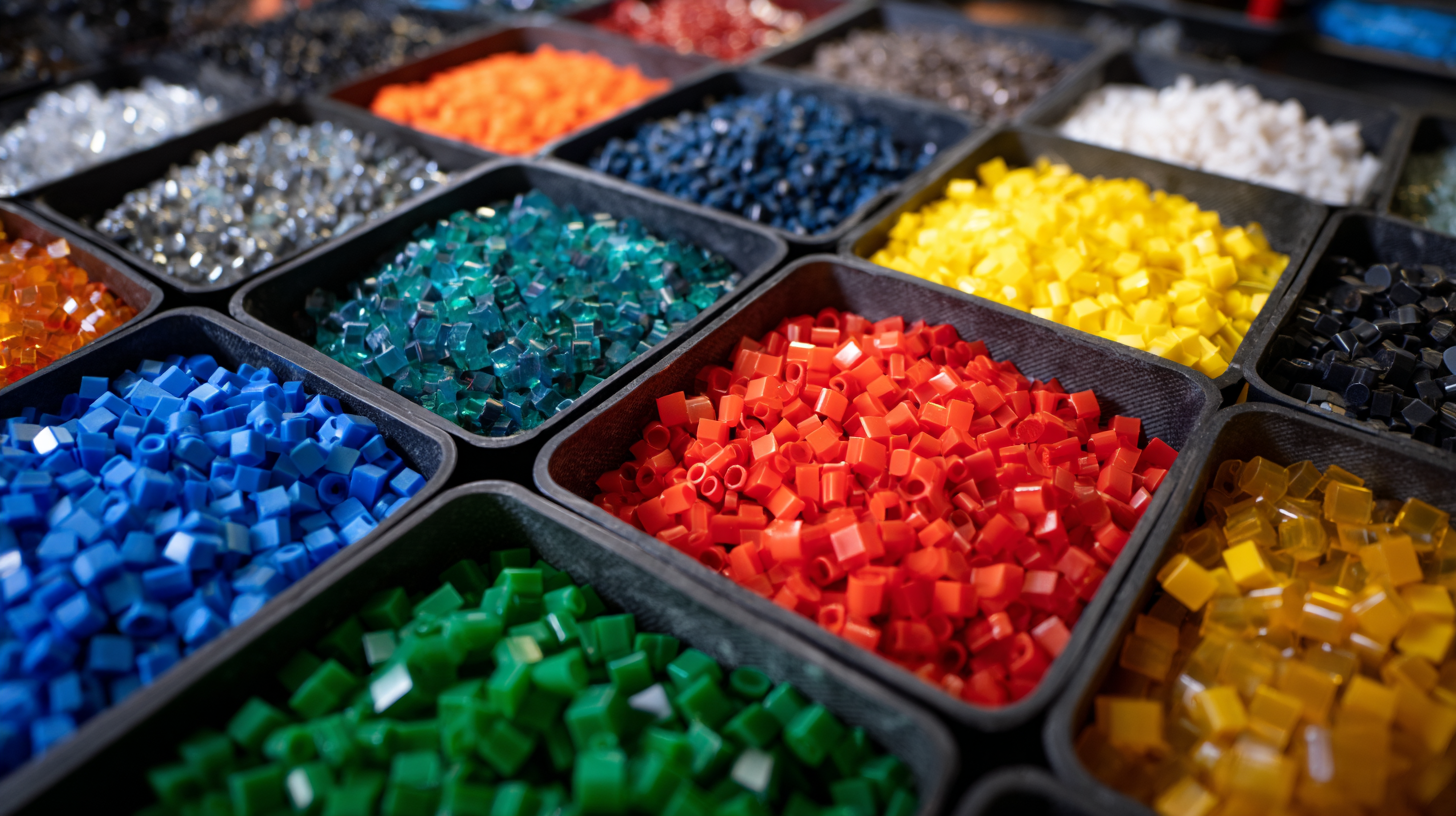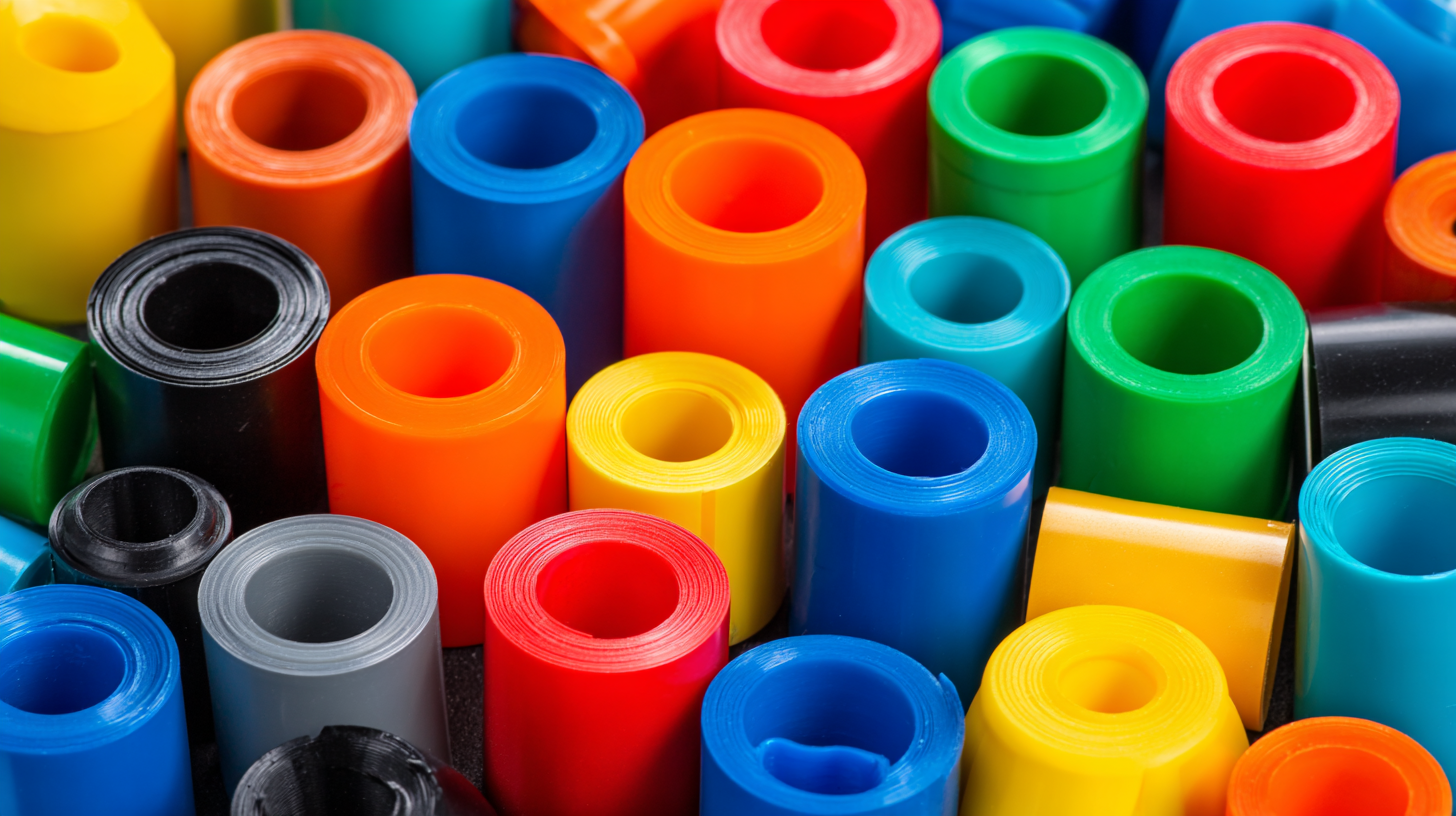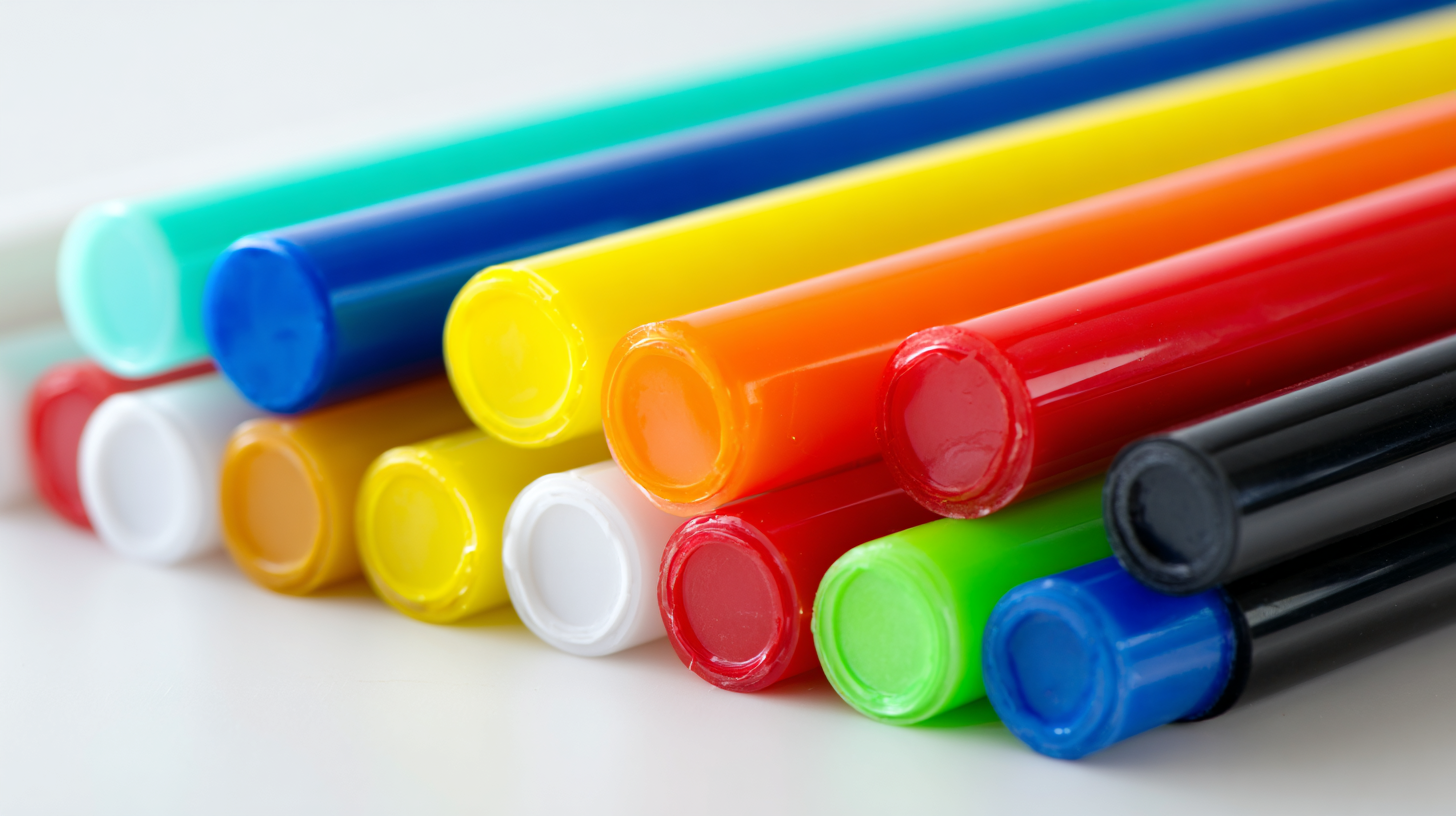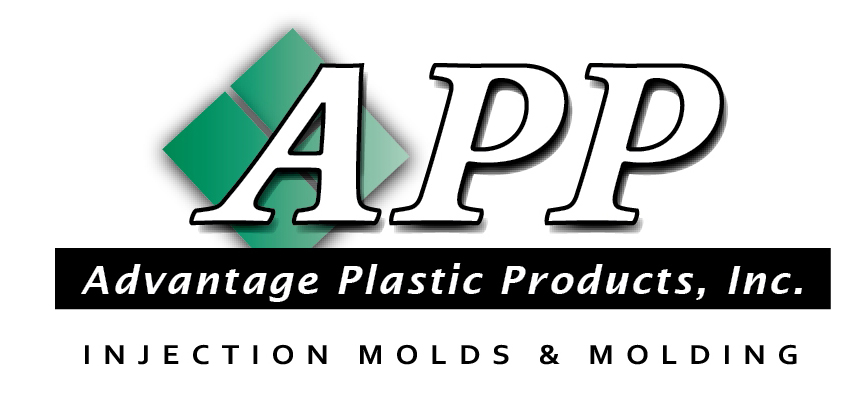7 Essential Reasons Why Best Injection Moldable Plastics Are Your Ultimate Solution
In today's rapidly evolving manufacturing landscape, the quest for efficiency and cost-effectiveness has made injection moldable plastics an indispensable resource. As the global market demands high-quality, durable products, manufacturers are turning to these versatile materials to meet the challenges of modern production. Injection moldable plastics not only offer exceptional precision and consistency but also facilitate complex designs that can significantly enhance product functionality. With the rise of innovative technologies and sustainable practices, these materials are becoming the preferred choice for industries ranging from automotive to consumer goods. This blog will explore seven essential reasons why injection moldable plastics are your ultimate solution, highlighting their benefits and showcasing the superior quality of Chinese manufacturing in delivering exceptional plastic products that set a benchmark for excellence worldwide.

The Versatility of Injection Moldable Plastics Across Industries
Injection moldable plastics have revolutionized various industries by offering unmatched versatility. From automotive parts to consumer goods, these materials provide solutions that cater to diverse manufacturing needs. Their ability to be shaped into intricate designs makes them ideal for complex products, allowing engineers and designers the freedom to innovate without compromising on functionality.

Furthermore, the recyclability of certain injection moldable plastics adds to their appeal, making them suitable for both cost-effective production and environmental responsibility. Industries like electronics and medical sectors rely heavily on these materials for their ability to meet strict regulatory standards while delivering high performance.
Tips: Keep in mind that the processing conditions, such as temperature and mold design, play a crucial role in the final product’s quality. Conduct thorough tests to optimize these parameters, ensuring the best results and reducing waste during manufacturing.
Cost-Effectiveness of Using High-Performance Injection Molded Plastics
High-performance injection molded plastics are gaining traction in various industries due to their impressive cost-effectiveness. By opting for these advanced materials, manufacturers can significantly reduce production costs without compromising on quality. The efficiency of injection molding allows for the creation of complex shapes and designs in high volumes, which translates to lower per-unit costs. This is particularly beneficial for companies looking to scale their operations while maintaining budget constraints.
Moreover, high-performance plastics often offer enhanced durability and strength, reducing the need for frequent replacements and repairs. This longevity means fewer resources spent on materials and labor over time, making them a smart choice for any budget-conscious business.
Additionally, these plastics can be tailored for specific applications, allowing for optimal performance in diverse environments, further elevating their value proposition. As industries continue to seek sustainable and economical solutions, the advantages of using injection molded plastics become increasingly clear, proving them as an ultimate choice for modern manufacturing needs.
Durability and Longevity: The Benefits of Advanced Plastic Materials
In today’s manufacturing landscape, the durability and longevity of products are paramount, especially when considering the advanced plastic materials used in injection molding. A recent study from the "American Chemistry Council" highlights that modern injection moldable plastics can withstand extreme conditions, with some materials exhibiting up to 60% improved performance in tensile strength compared to traditional plastics. This significant enhancement in material resilience is driving industries toward adopting these advanced solutions, ensuring that components can endure environmental stresses without compromising structural integrity.

When selecting the right materials for injection molding, it’s essential to consider the specific properties that will meet your product's demands. For instance, polymers like polycarbonate and nylon are renowned for their exceptional impact resistance and thermal stability. Incorporating these materials can enhance the overall lifespan of products, reducing the need for frequent replacements and maintenance.
Tip: When evaluating plastic materials, always look for certifications and industry standards that guarantee performance under stress. Utilizing third-party testing data can provide insights into the long-term durability of materials, ultimately guiding you toward making more informed decisions for your project. Furthermore, consider the environmental impact of your choices—many advanced plastics are now designed to be recyclable, contributing to a more sustainable manufacturing process.
Environmental Impact and Sustainability of Injection Moldable Plastics
The environmental impact of materials used in manufacturing has become a crucial consideration for businesses and consumers alike.
Injection moldable plastics, when produced with sustainability in mind, can significantly reduce ecological footprints. The versatility of these plastics allows for recycling and reusability, aligning with modern environmental goals.
Many manufacturers are now adopting bio-based and biodegradable raw materials, which helps in minimizing pollution and waste, contributing positively to the planet's health.
Furthermore, advancements in technology have enabled the development of injection moldable plastics that require less energy during production. This efficiency not only reduces greenhouse gas emissions but also lowers production costs.
By investing in sustainable injection moldable plastics, companies can meet consumer demands for greener products while maintaining high-performance standards. Ultimately, the choice of injection moldable plastics can lead to more sustainable manufacturing practices, promoting an eco-friendly approach within various industries.
Innovations in Injection Molding Technology Enhancing Plastic Solutions
Injection molding technology has undergone significant advancements, making it an increasingly viable solution for producing a wide range of plastic components. Today's innovations are not only enhancing efficiency but also improving the quality and versatility of the final products. High-speed injection molding machines, for instance, allow for quicker production cycles, significantly reducing lead times.
Moreover, the introduction of smart technology into the manufacturing process helps in monitoring parameters in real-time, ensuring consistency and precision in the molding process.
When considering the best injection moldable plastics, it is crucial to evaluate their compatibility with modern advancements. Here are a few tips:
- First, choose materials that are designed to withstand the elevated temperatures and pressures commonly associated with high-performance injection molding.
- Additionally, look for plastics with improved flow characteristics, as they can fill intricate mold designs more effectively, resulting in higher-quality outputs.
- Lastly, consider sustainability — select recyclable materials that align with current eco-friendly practices, ensuring that your production meets both quality and environmental standards.
By leveraging these innovations and insights, manufacturers can truly elevate their plastic solutions to new heights.
